Cupid’s Dart Care – How To Grow Cupid’s Dart Plants
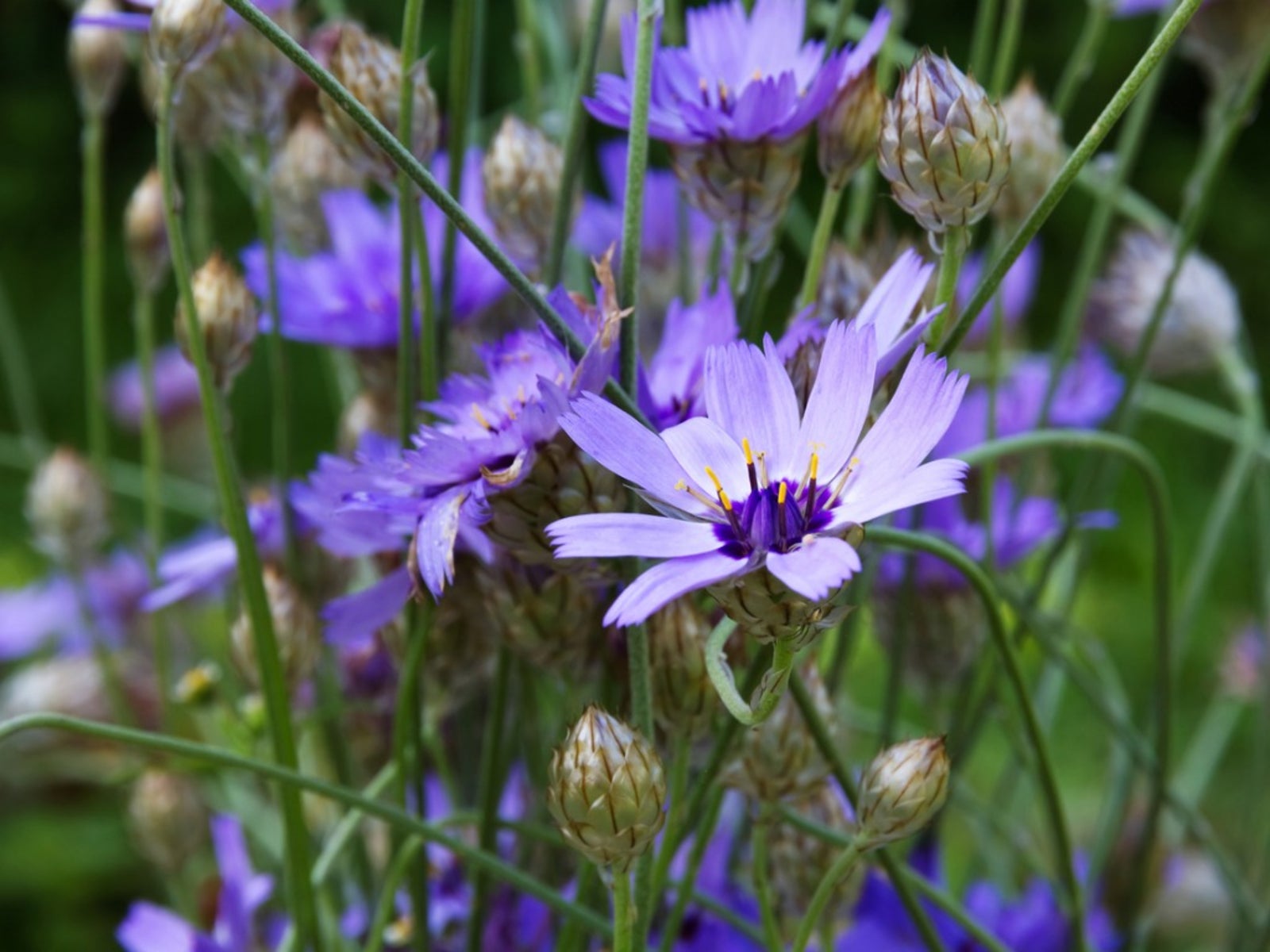

Cupid’s dart plants provide a lovely splash of cool blue color in beds, borders, and cottage style gardens. They also make great cut flowers and are easy to grow. In the right environment with the best conditions, this perennial flower is hands-off and low maintenance.
About Cupid’s Dart Flowers
Catananche caerulea, or cupid’s dart, is a flowering perennial native to Europe. It forms clumps up to 30 inches (76 cm.) tall with thin, wiry stems and blue or lavender, daisy-like flowers. The leaves are narrow, grass-like, and grayish green.
The flowers start blooming in midsummer and continue into the fall. There are a few cultivars with different bloom colors; ‘alba’ has white flowers and ‘major’ has the usual lavender blooms but with dark purple centers.
The bracts of spent flowers and the seed heads of cupid’s dart are attractive as well. Use them freshly cut and as dried flowers in arrangements. Leave some of the seed heads in place to get more flowers next year. The individual plants, though perennial, don’t last very long.
How to Grow Cupid’s Dart
Growing cupid’s dart is simple and hands-off under the right conditions. This plant does best in USDA zones 4 through 7. The hot climates of the south and southwest are too harsh in the summer.
Cupid’s dart care begins with ideal conditions; full sun, well-drained soil, and soil that is loose and even a little sandy are recommended. It will not do well in soil that is too wet or heavy and clay based. The best way to propagate cupid’s dart is by seed.
If you give it all the right conditions, you should not have to do much to maintain cupid’s dart. It is deer-proof and has no serious pest or disease problems. Powdery mildew may be an issue but is not common. Cut flowers back once spent to encourage more blooms but leave some in place for re-seeding.
Gardening tips, videos, info and more delivered right to your inbox!
Sign up for the Gardening Know How newsletter today and receive a free copy of our e-book "How to Grow Delicious Tomatoes".

Mary Ellen Ellis has been gardening for over 20 years. With degrees in Chemistry and Biology, Mary Ellen's specialties are flowers, native plants, and herbs.
-
 Looking For Plants To Give You The Soft And Fuzzies? Try These 5 Fuzzy Leaf Plant Options
Looking For Plants To Give You The Soft And Fuzzies? Try These 5 Fuzzy Leaf Plant OptionsLovers of texture, drama, silver foliage and tactile plants will adore these special sensory garden additions. These fuzzy leaf plant options will leave you all aglow
By Susan Albert
-
 Get Ready For A Summer Of Hummers! Grow These Full Sun Hummingbird Plants and Flowers
Get Ready For A Summer Of Hummers! Grow These Full Sun Hummingbird Plants and FlowersIf you’re lucky enough to enjoy a sunny backyard, make sure you are maxing out on your pollinator opportunities and grow these full sun hummingbird plants and flowers
By Tonya Barnett
-
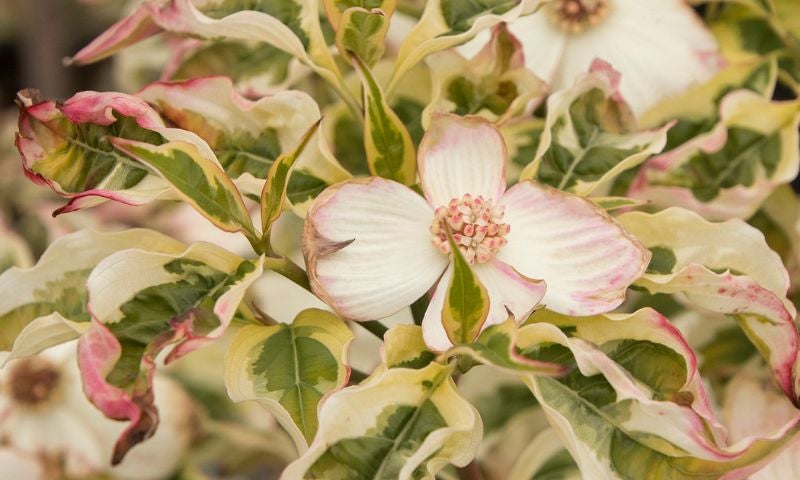 20 Hard-to-Find Spring Flowers & Plants That Look Amazing All Season
20 Hard-to-Find Spring Flowers & Plants That Look Amazing All SeasonIt’s finally beginning to look like spring! If you’re eager to find some unique, hard-to-find varietals to satisfy your spring fever, look here first.
By Caroline Bloomfield
-
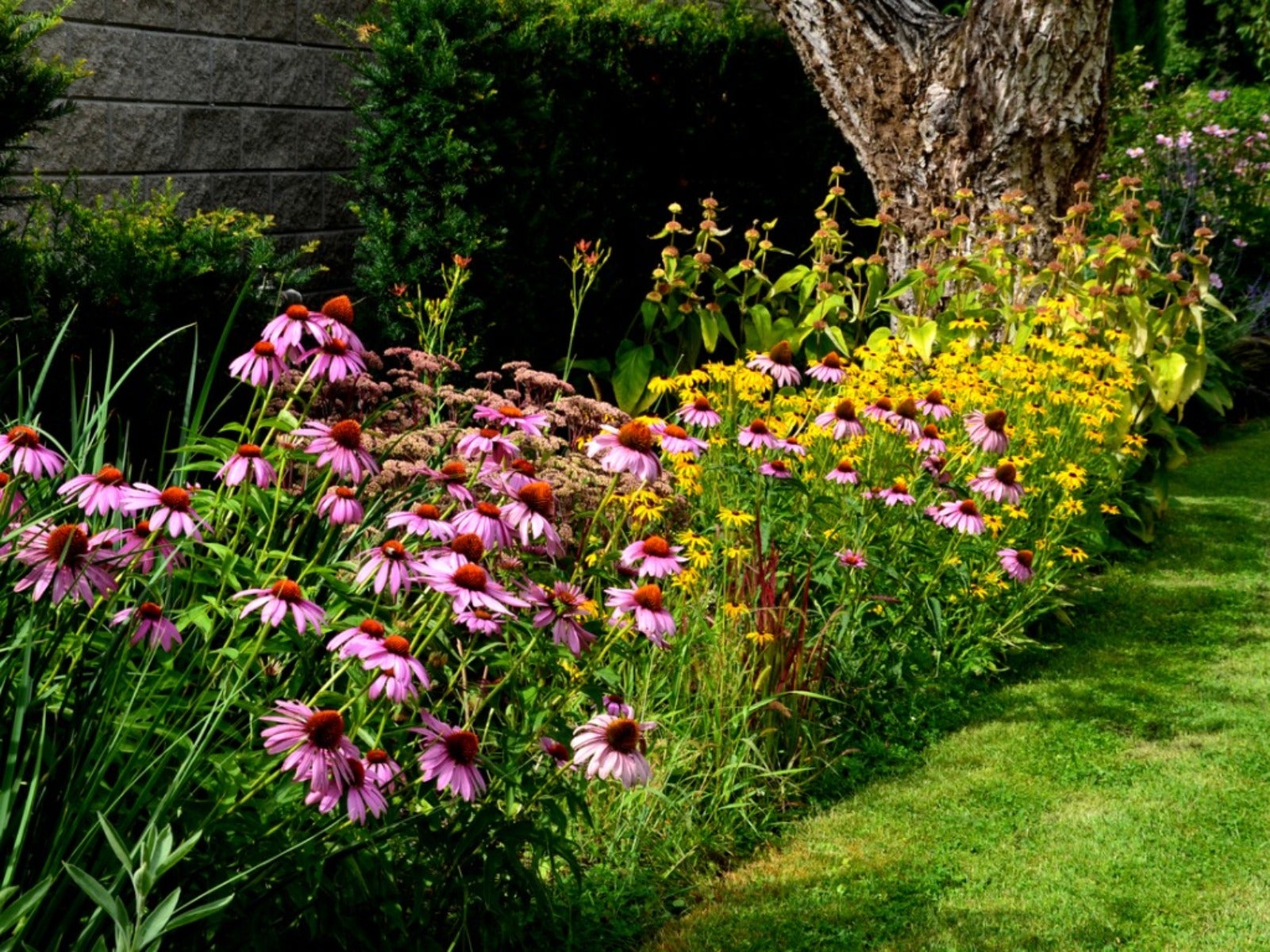 How Wildflower Strips Help Attract Pollinators To Your Yard
How Wildflower Strips Help Attract Pollinators To Your YardIf you have a small garden spot or strip available, fill it with wildflowers for our hungry pollinators. Click to learn more.
By Tonya Barnett
-
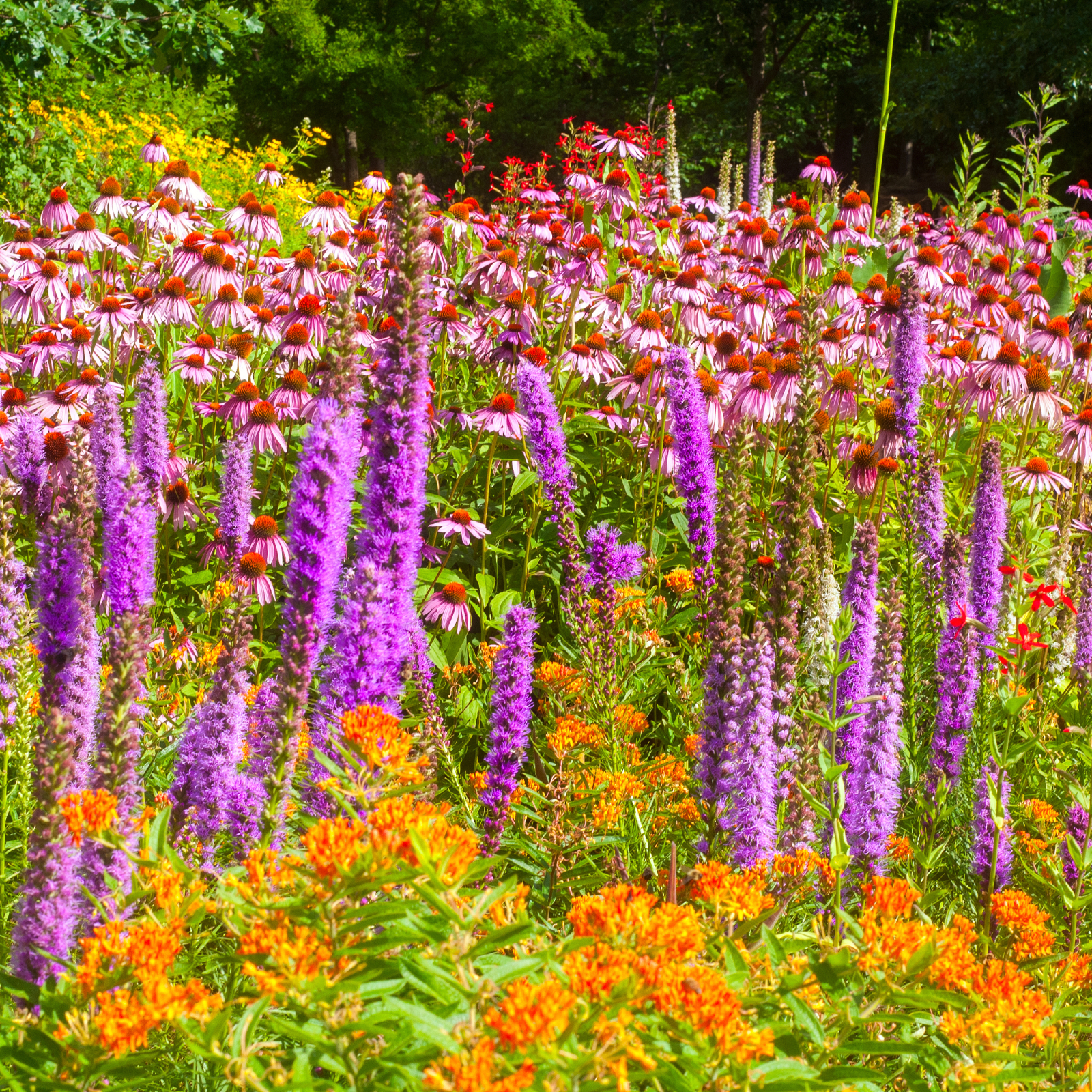 10 Knockout Native Flowers To Add A Punch Of Color To Your Garden
10 Knockout Native Flowers To Add A Punch Of Color To Your GardenGrowing native is the way to go. See our list of ten native wildflowers that will knock you out with color.
By Amy Grant
-
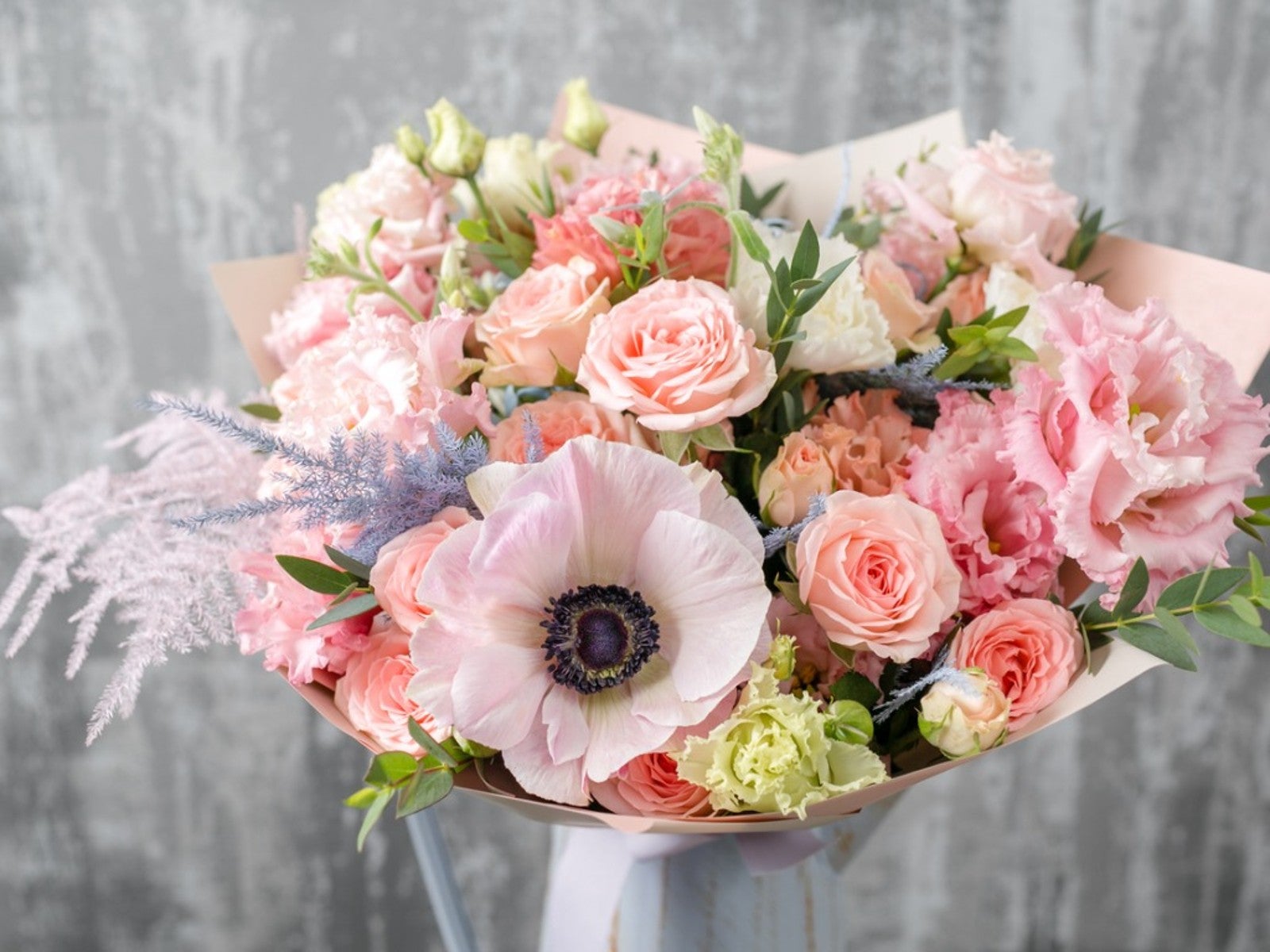 Pretty Plants For A Pastel Flower Bouquet
Pretty Plants For A Pastel Flower BouquetRoses aren’t the only romantic flower. Some romantic pastel flowers can fill in beautifully.
By Tonya Barnett
-
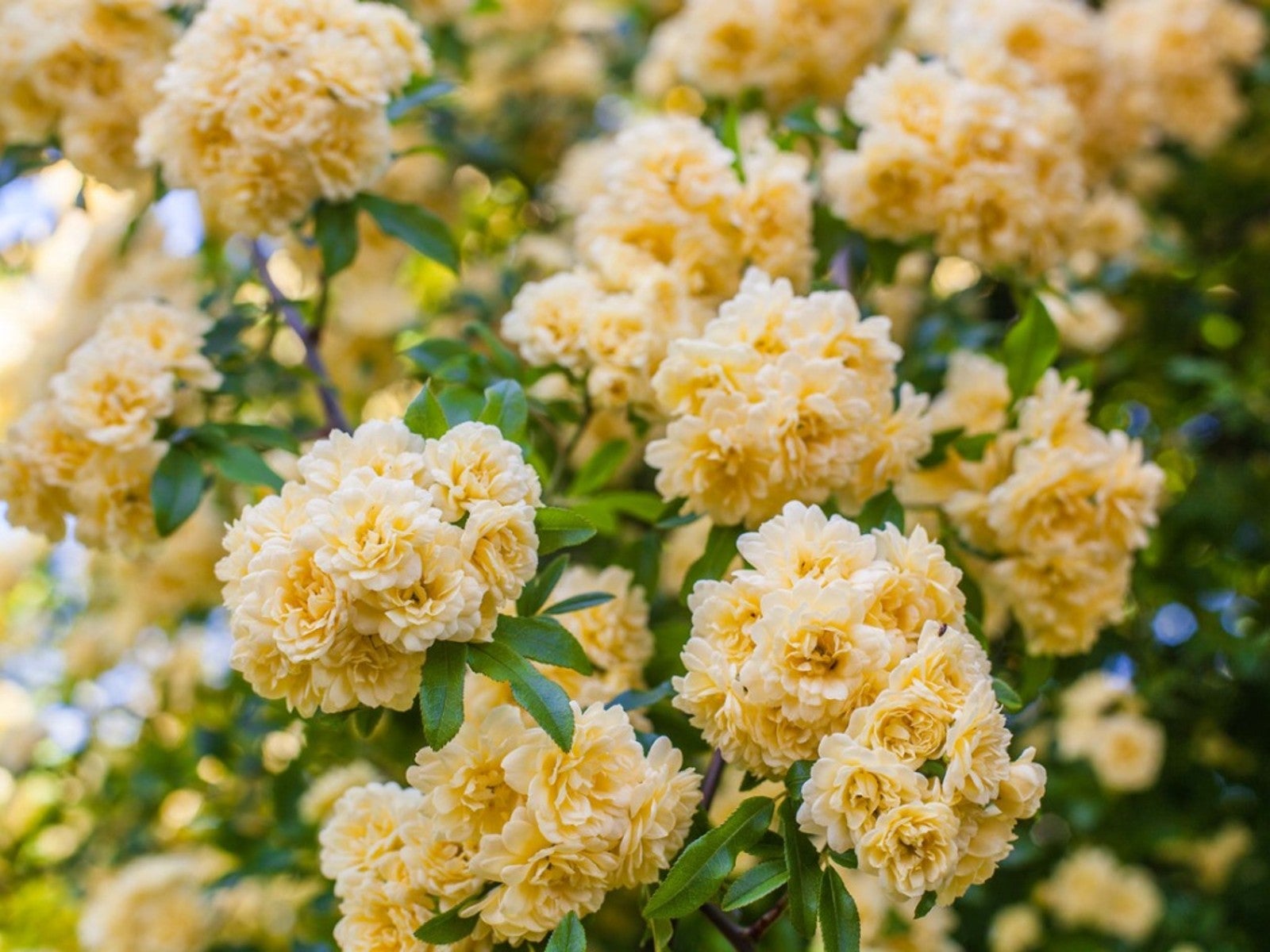 Soft Yellow Plants For A Sunny Pastel Garden
Soft Yellow Plants For A Sunny Pastel GardenClick here for ideas on some pale yellow flower varieties for pastel garden designs.
By Tonya Barnett
-
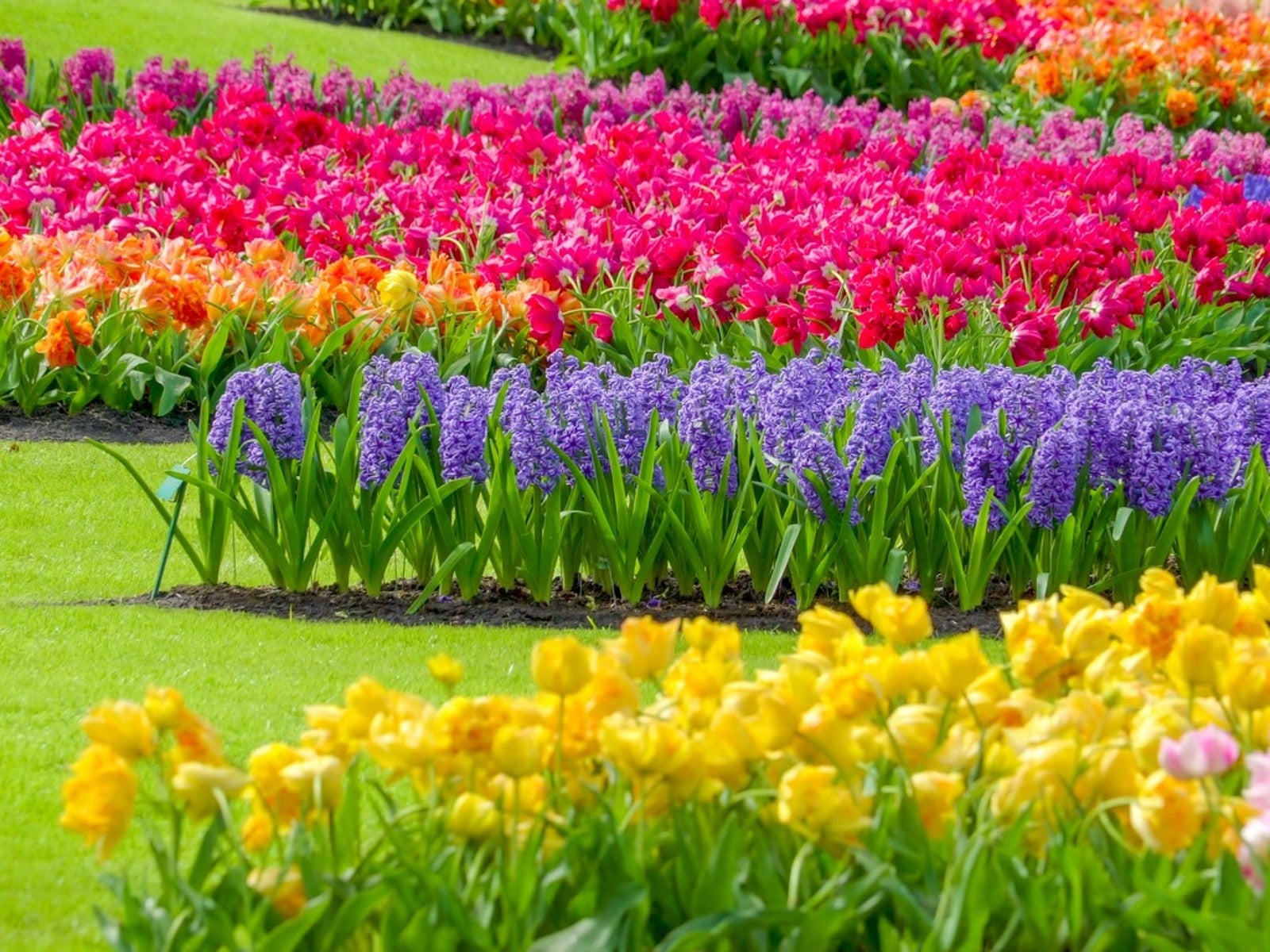 Most Common Flower Color In The World
Most Common Flower Color In The WorldWhat are the most common and least common flower colors in the world? Click here to find out.
By Mary Ellen Ellis
-
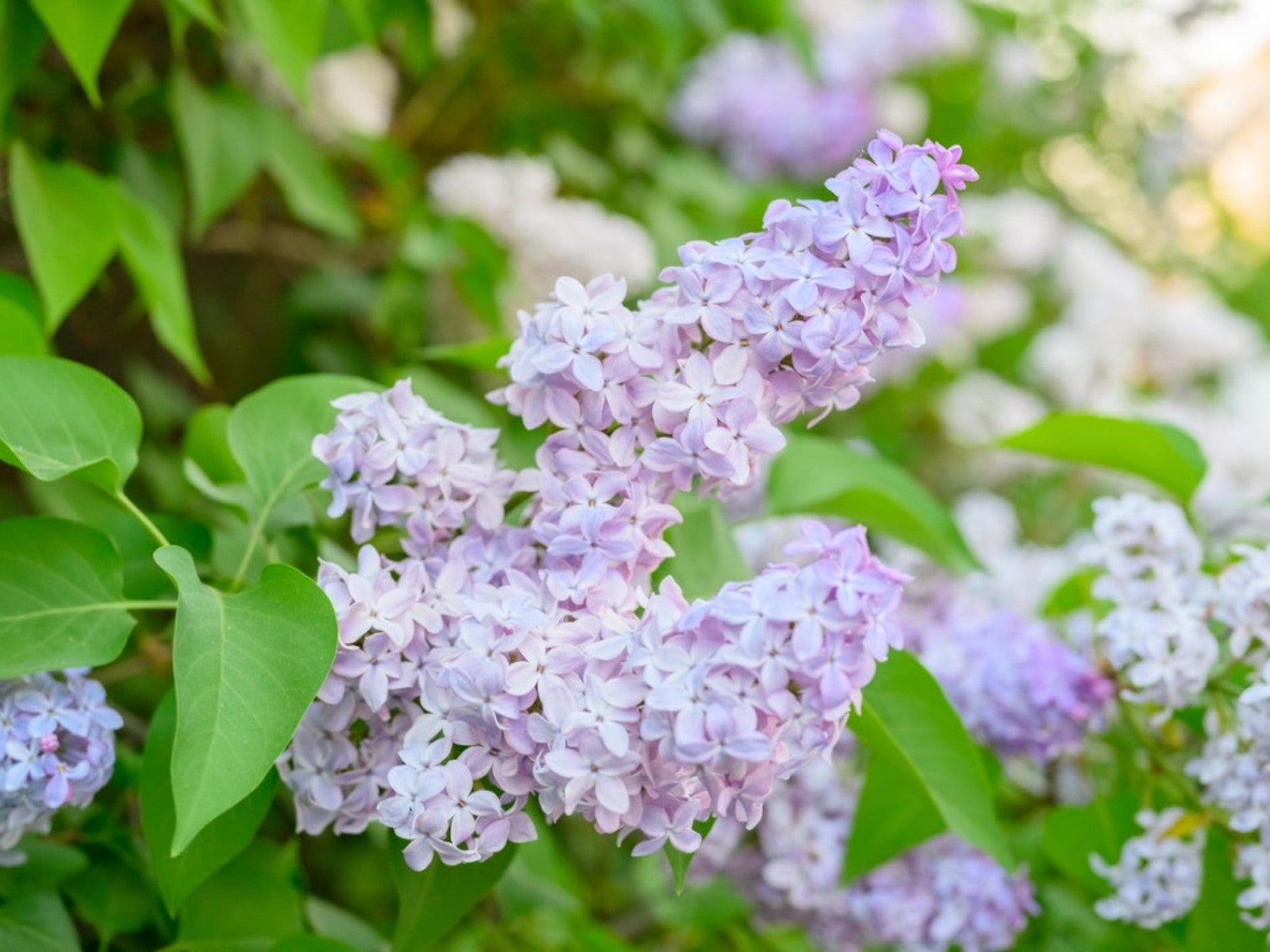 Pastel Plants For A Lovely, Light Purple Flower Garden
Pastel Plants For A Lovely, Light Purple Flower GardenClick here for ideas on some light purple plants for a pretty, pastel garden display.
By Tonya Barnett
-
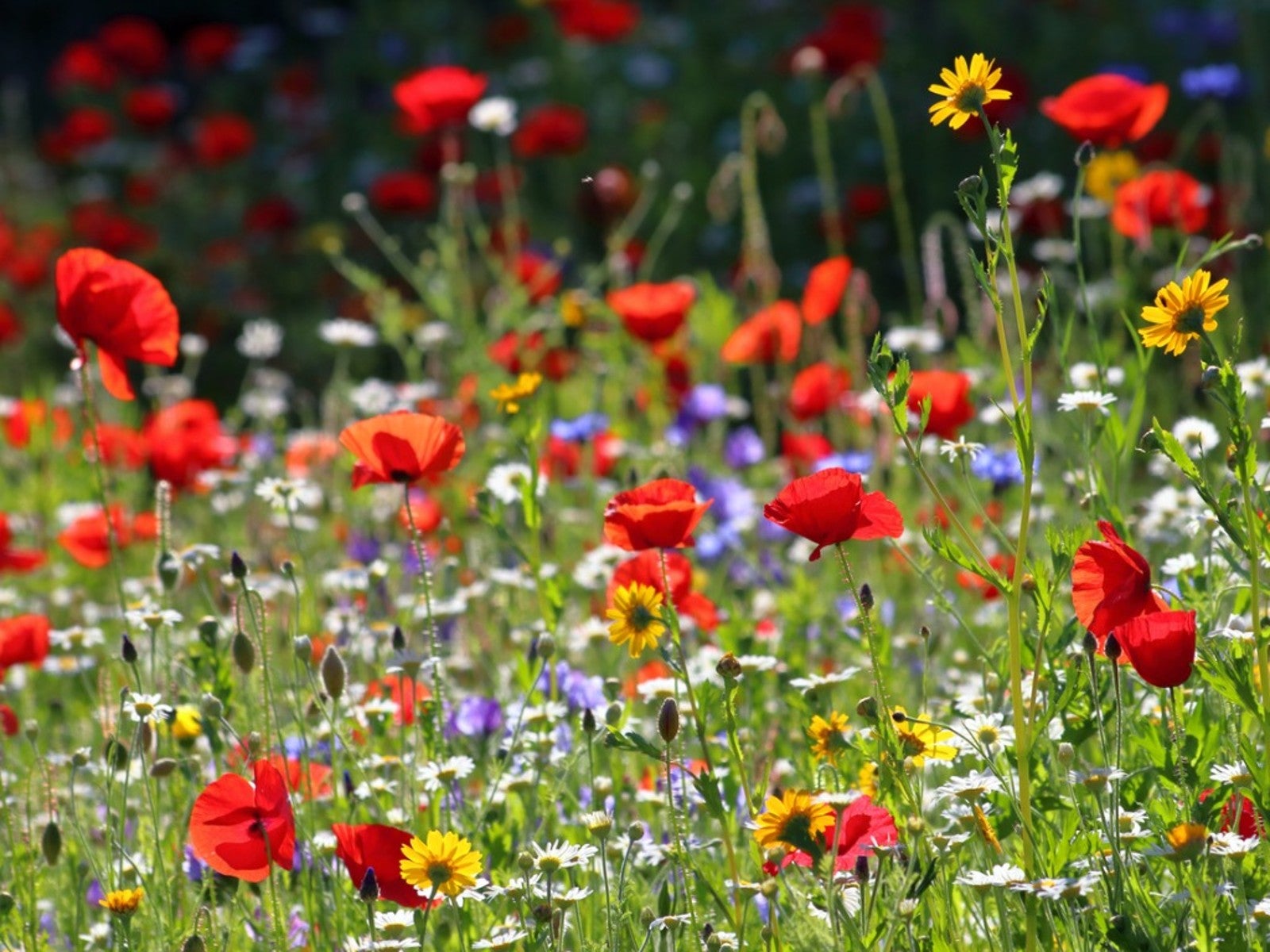 Plant Wildflower Seeds In Fall for A Stunning Spring Display
Plant Wildflower Seeds In Fall for A Stunning Spring DisplayCan you plant wildflower seeds in fall? What makes fall the best time to sow wildflower seeds? Click here for more.
By Tonya Barnett